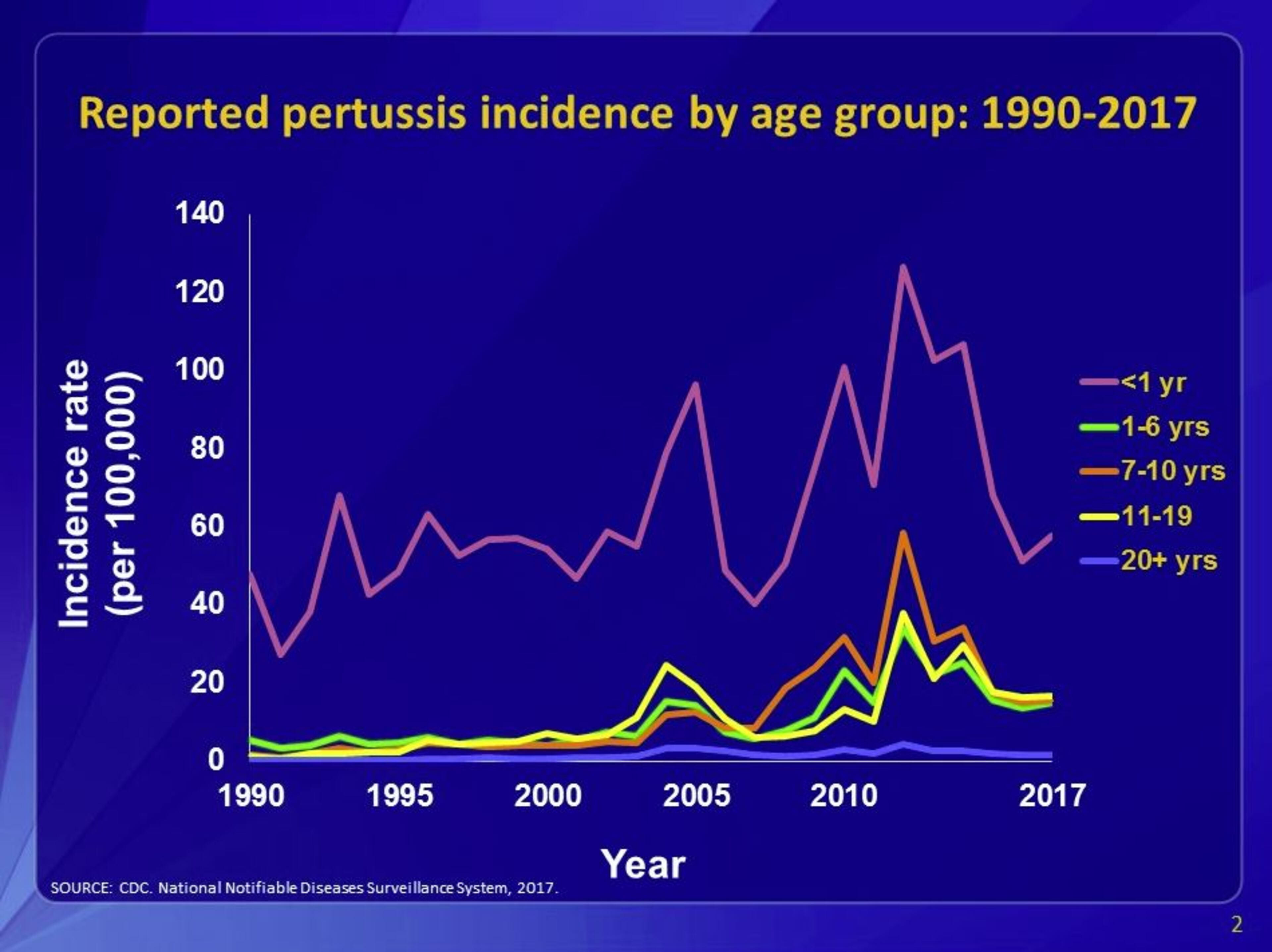Two Cherokee County schools warn parents of whooping cough exposure
Health officials told parents at two Cherokee County schools to take their child to the doctor “without delay” if they have cold or cough symptoms, after two students were diagnosed with whooping cough.
Families whose children attend Free Home Elementary School and Creekland Middle School in Canton received letters this week warning that students may have been exposed to the highly contagious disease. One student at each of the schools has been diagnosed with whooping cough, or pertussis, which is spread through the air when an ill person sneezes or coughs.
The two Cherokee students are siblings and were vaccinated for pertussis, officials said. No additional cases have been reported in the schools, but parents are advised to seek medical care immediately if children show symptoms before Feb. 14.
The state is not experiencing an unusually high number of whooping cough cases, according to the Georgia Department of Public Health. But experts have said there's been a nationwide resurgence of cases in recent years because of changes to the vaccine that make it less effective over time at warding off the cough.
Gwinnett and DeKalb school districts each reported two cases so far this school year. Fulton schools reported one case in August and none since. Atlanta Public Schools reported no cases.
Preliminary data show about 210 whooping cough cases in Georgia last year.

Nationwide, there’s been an uptick in whooping cough over the last couple of decades, though numbers are nowhere near the 100,000-plus annual cases reported in the early 20th century.
The year 2012 brought the highest number of whooping cough cases — 48,277 — in the United States since 1955, according to the Centers for Disease Control and Prevention. In 2017, the most recent final numbers, there were 18,975 reported cases.
The higher number of cases is attributed to a switch in the 1990s to a different vaccine that’s safer but whose effectiveness wears off over time, said Dr. Walter Orenstein, professor and associate director of the Emory Vaccine Center.
That’s why he said it’s important to get a booster dose to increase immunity.
In Georgia, children entering child care and school must be vaccinated. Since 2014, children entering seventh grade have been required to have booster shots that guard against whooping cough and other diseases.
It’s not common but still possible to get whooping cough “even if properly vaccinated,” said Jennifer King, spokeswoman for the North Georgia Health District.
About 2 percent of children opted out of vaccines because of religious or medical exemptions this school year, according to state health department statistics.

Whooping cough starts out looking a lot like a cold during the first one or two weeks, Orenstein said. Those sickened may have a runny nose and cough, he said.
The next phase, which can last weeks longer, is marked by coughing spasms. The “whooping cough” name comes from the sound people make as they try to catch their breath after a coughing fit. A convalescent phase follows that may last weeks to even months, Orenstein said.
Children who develop a cough “with or without a whoop,” vomiting or shortness of breath should be evaluated immediately, the North Georgia Health District told Cherokee parents in a letter.
“Early treatment can help your child get well faster and lower the chances of the spreading the disease to others,” the letter states.
Children diagnosed with whooping cough must remain out of school until finishing their antibiotic treatment.
Cherokee school district spokeswoman Barbara Jacoby said in a written statement that the system works with the state health department to ensure parents get information “as quickly as possible whenever serious illnesses are diagnosed at their child’s school.”
Whooping cough cases in Georgia
2018: 210*
2017: 252
2016: 258
2015: 244
2014: 411
*Preliminary data
Source: Georgia Department of Public Health



